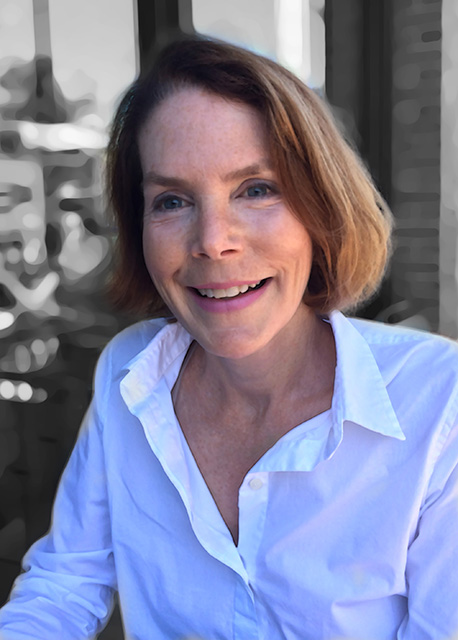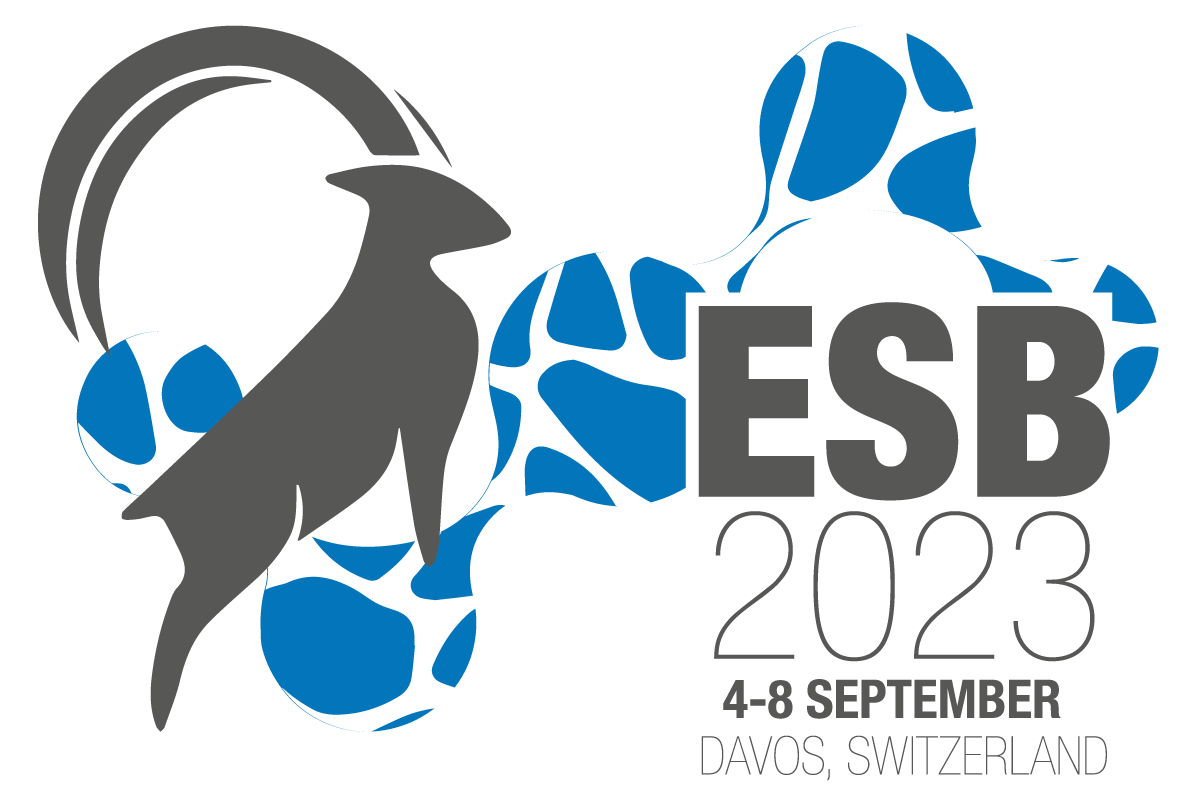
Jason Burdick
Jason Burdick is the Bowman Endowed Professor in the BioFrontiers Institute and Department of Chemical and Biological Engineering at the University of Colorado Boulder. After a postdoctoral fellowship at the Massachusetts Institute of Technology he began his own group at the University of Pennsylvania in 2005. After 16 years at Penn, Jason moved his group to the University of Colorado Boulder. The Burdick Biomaterials and Biofabrication Laboratory focuses on the design of new biomaterials that can be processed through fabrication methodologies to meet the needs of medicine, ranging from translational therapeutics to tissue models. Jason currently has over 310 peer-reviewed publications and 340 invited presentations, he is on the editorial boards of numerous journals including Biofabrication, Advanced Healthcare Materials, and International Journal of Bioprinting, and he has been recognized through numerous awards such as a Packard Fellowship in Science and Engineering, an American Heart Association Established Investigator Award, the Clemson Award for Basic Science through the Society for Biomaterials, and the Acta Biomaterialia Silver Medal Award. Further, he has been elected as a Fellow of the American Institute for Medical and Biological Engineering and as a Fellow of the National Academy of Inventors and he has founded several companies to translate technology developed in his laboratory towards clinical application.
Jill Helms
Longevity: it’s the ambition of kings, super villains- and pretty much all of us that enjoy waking up each morning. It’s also become a focus for biotechnology companies interested in making a big impact on healthcare. In my lab at Stanford, we’re working on understanding why we age, and then translating that new knowledge into therapeutic strategies that slow the natural process and accelerate tissue repair.
I am a Professor in the Department of Surgery and our research focuses on age-related changes in stem cell behavior. We’ve developed methods to re-activate a patient’s own stem cells for therapeutic intervention in a broad range of conditions affecting the musculoskeletal system. I am co-founder of a venture-backed biopharmaceutical start-up in South San Francisco that is currently undertaking a Phase 1/2b FDA-regulated clinical trial in this area.
Conducting clinically relevant research is my main objective, but it goes hand-in-hand with another goal, to diversify the entrepreneurial pipeline to include more women and people of color. I believe that education and outreach are critical to this mission, and I use every avenue available to transform the way people think about translational science and regenerative medicine to emphasize its contribution to our daily lives.


Tatiana Segura
Tatiana Segura is a Professor of Biomedical Engineering, Neurology and Dermatology at Duke University. She received her B.S. degree in Bioengineering from the University of California, Berkeley (UC Berkeley) and her doctorate in Chemical Engineering from Northwestern University working with Lonnie Shea. Before jetting off to Jeffrey A. Hubbell’s laboratory in 2004 to begin a postdoctoral position, she secured a tenure-track position at the University of California, Los Angeles (UCLA) in the Department of Chemical and Biomolecular Engineering. After finishing her postdoctoral work in 2006, she began at UCLA as an Assistant Professor. In 2012, she received tenure and a promotion to Associate Professor, and in 2016, she was promoted to the title of Professor. Two years later, she moved across country and joined the Duke BME faculty. Professor Segura has received numerous awards and distinctions during her career, including the 2020 Acta Biomaterialia Silver Medal, a CAREER Award from the National Science Foundation, an Outstanding Young Investigator Award from the American Society of Gene and Cell Therapy, and a National Scientist Development Grant from the American Heart Association. She was also named a Fellow of the American Institute for Medical and Biological Engineers (AIMBE) in 2017. Professor Segura has published over 100 peer-reviewed papers and reviews and has over 8,000 citations.
André R. Studart
Born in Brasilia, Brazil, André R. Studart received his Bachelor degree in Materials Science and Engineering from the Federal University of São Carlos, Brazil. He carried out his PhD under the supervision of Prof. Victor C. Pandolfelli in the same university, investigating novel methods for processing of refractory castables and near-net-shape advanced ceramics. From 2002 until mid 2007 he worked and gave lectures at ETH Zurich as a member of Prof. Ludwig J. Gauckler’s group. During this first period in Zurich, he studied the mechanical properties of dental materials and ceramics processed through colloidal routes. In 2007/2008 he was researcher at Harvard University in the group of Prof. David A. Weitz in the area of inorganic materials obtained using microfluidic techniques.
Since February 2009 he heads the Complex Materials group in the Department of Materials at ETH Zurich.
He was awarded by Alcoa Co., Thermo Haake Co., Brookfield Co, Magnesita and the Brazilian Ceramic Society. He is co-author of an undergraduate textbook on ceramic processing, holds three patents and has published about 50 scientific papers in international peer-reviewed journals.
His main research interests are on bio-inspired complex materials with potential applications as medical implants, energy conversion systems and smart structures.


Amir Zadpoor
Amir Zadpoor is Antoni van Leeuwenhoek Professor, Chaired Professor of Biomaterials and Tissue Biomechanics, and founding director of the Additive Manufacturing Laboratory at Delft University of Technology (TU Delft). At Leiden University Medical Center, he holds another professorial chair in Department of Orthopedics. He is specialized in the development of advanced additive manufacturing techniques for the fabrication of metamaterials with unprecedented or rare mechanical, physical, or biological properties. Moreover, he is a world-recognized expert in origami- and kirigami-based (bio)materials, which are made by combining shape-shifting (e.g., self-folding) with additive manufacturing. Developing biomaterials-based approaches for the prevention and treatment of implant-associated infections is an integral of his research, where he uses physical forces and nano-scale features to both kill antibiotic-resistant bacteria and modulate the immune response. Prof. Zadpoor has received many awards including an ERC grant, a Vidi personal grant, a Veni personal grant, the Jean Leray scientific achievement award of the European Society of Biomaterials, and the Early Career Award of the Journal of the Mechanical Behavior of Biomedical Materials. He has served on the editorial boards of international journals (e.g. Acta Biomaterialia), on the review panels of funding agencies, and as a member of award committees.
